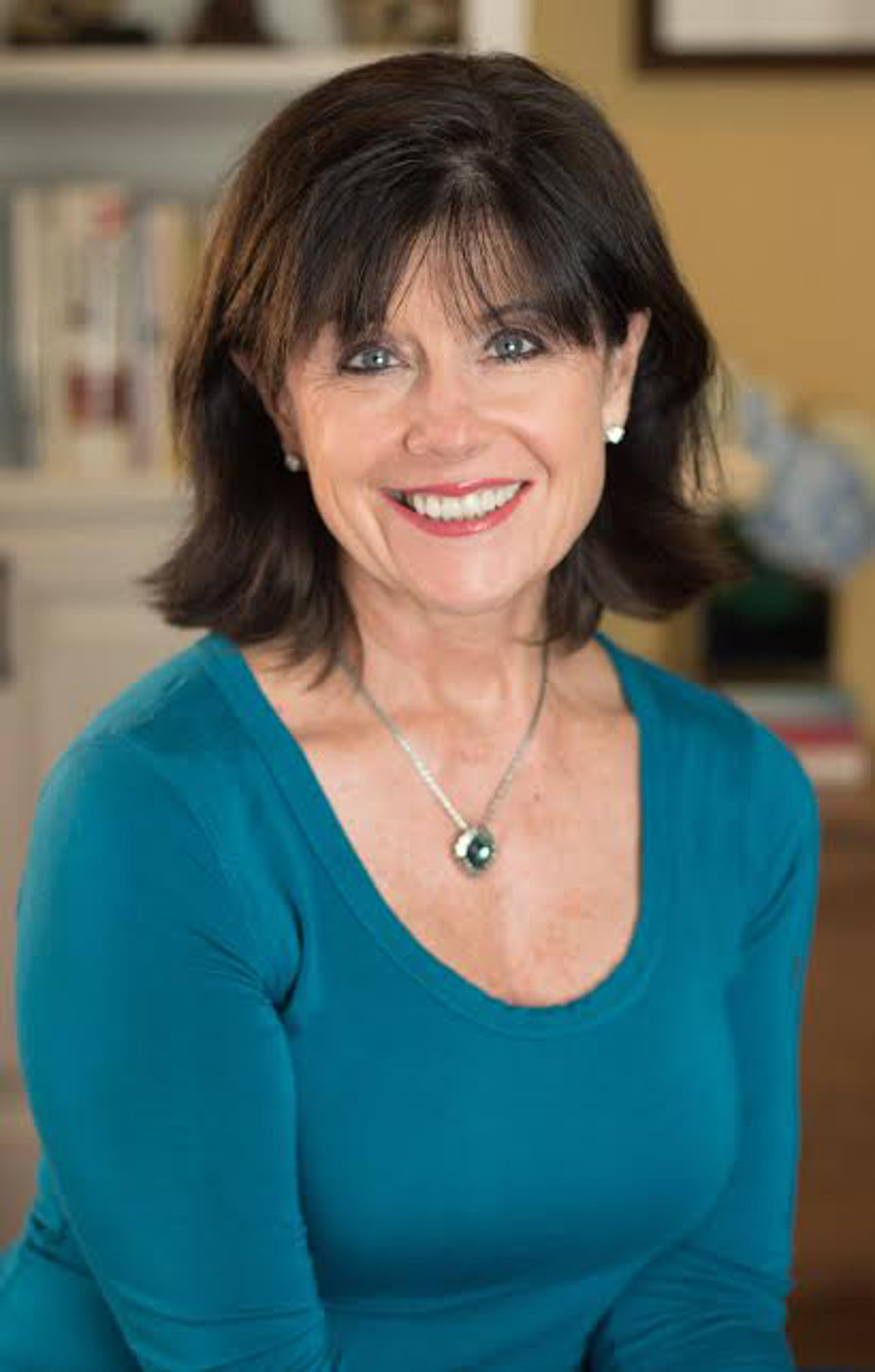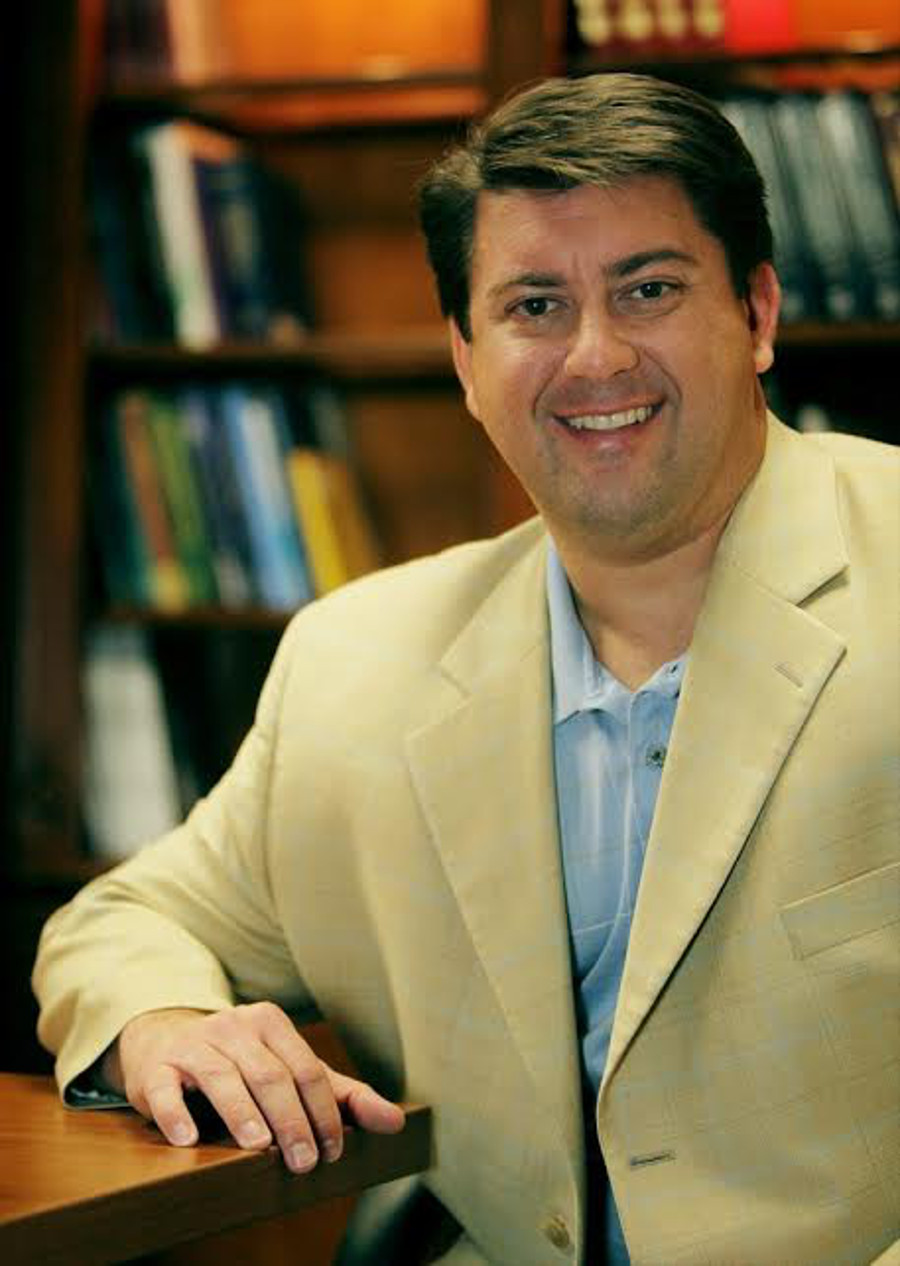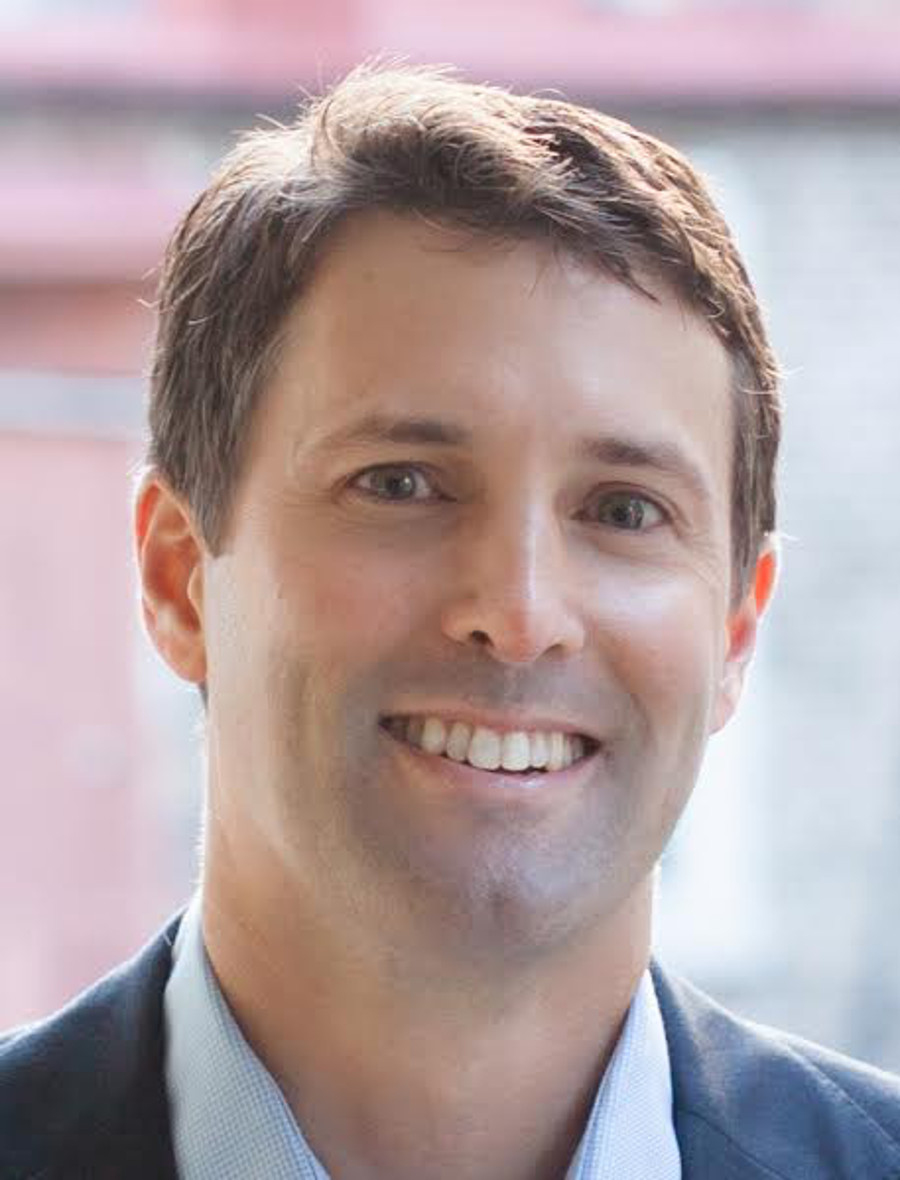Fueled by funds and stability, hospitals offer appealing places of employment. But some physicians who remain steadfast in their independence argue answering to hospitals sacrifices quality of patient care.
Currently, 33 percent of physicians in the United States are independent, compared to 57 percent in 2000, according to the Association of Independent Doctors. Independent physician groups like the Association of Independent Doctors, which encompasses more than 600 members in 12 states, want to reverse this trend.
Answering to a boss
Marni Jameson, executive director of the Association of Independent Doctors, is all about cost, quality and access. And from her position, independent physicians possess the trifecta.
With employed physicians more worried about hospitals' regulations and expectations, Ms. Jameson sees a direct relationship – with the decrease of independent physicians comes decreased quality of care. Patients will face considerably higher healthcare costs, as well.
"When hospitals buy up physician groups, the allegiance shifts from the patient to the employer," explains Ms. Jameson. "The practitioner is incented by quotas, how many patients they refer, and they are tracked."
Independent physicians enjoy the autonomy of their work, whether that's the right to take a day off or implement a new technology. Richard Kube, MD, of Prairie Spine & Pain Institute and Prairie SurgiCare in Peoria, Ill., prefers serving as his own boss.
"I as a physician have the ability to say, we're going to do this because I think it's prudent medically to do this," says Dr. Kube. Unrestrained by a boss, Dr. Kube doesn't answer to a boss who is disconnected from the point of care, but to his patients. "I consider my practice disruptive because I continue to raise the bar. I'm competing against myself, I am always motivated to do better. Quotas and metrics are not my limits; my imagination is my limit, and it exceeds any quota because it is ever increasing."
Separated from the business side, employed physicians may not experience the stress of maintaining referral bases as urgently as independent physicians and disassociate from the quality of care as well.
"They feel the shift of having to please an employer instead of a patient and the back of their conscience is bothersome," Ms. Jameson says of the new wave of physicians moving away from hospital employment to independent positions.
Fighting for independence
Hospitals and health systems are shifting focus from acquiring other hospitals to purchasing clinics and physician practices, according to an Accenture report. By 2018, it is expected that vertical acquisitions of clinics or physician practices will reach 84 percent of the total provider acquisition model.
A trend like this doesn't bode well for Ms. Jameson's mission. Although she believes the Association of Independent Doctors is finally giving independent physicians an organized voice, the possibility of hospital dominance will not be "healthy for America, bottom line."
"I'm not hospital-bashing, but the teeter-totter needs to tip back. The hospitals are needed, but they shouldn't control the majority of any specialty in any community," says Ms. Jameson, adding that many hospitals have their insurance licenses and some are providing health insurance, as well.
To balance the scale, Ms. Jameson encourages independent physicians to maintain strong referral bases, protect patient records, inform patients about the benefits of visiting independent practices and band together with other independent physicians for group purchasing.
The strength of hospitals
A hospital-academic hybrid physician, David Geier, MD, prefers working for a larger institution that can leverage payer contracts. His practice, Sports Medicine Specialists of Charleston, is affiliated with the East Cooper Medical Center in Mount Pleasant, S.C., and he serves as the director of sports medicine at the hospital.
"Hospitals often can negotiate better payer rates," said Dr. Geier. "The hard part [of being independent] seems to me, the rising overhead and data needed for the government and insurance." With better payer rates, an employed physician may receive better reimbursements. Ms. Jameson argues better payer rates, however, equates to higher costs for consumers.
Dr. Geier agrees with Ms. Jameson that a referral base will make or break a private practice. From Dr. Geier's experience however, sometimes the only way to survive is by joining a hospital.
"If a lot of other groups around you are joining hospital employment, you have to refer to that hospital," says Dr. Geier. "Your referral base would dry up if you didn't join the hospital."
Although Dr. Geier acknowledges tighter restrictions and more uniformity in the hospital setting, he doesn't think employed physicians throw quality of care to the wayside.
"You just have to be at a place that really cares about patient satisfaction," he says.
As for the future, Dr. Geier doesn't see the healthcare industry experiencing another drastic change anytime soon.
"We may get to an equilibrium and it may settle at that point," says Dr. Geier. "But it's hard to see a situation where [the trend] goes back the other way."
Pictured from left to right: Marni Jameson, Dr. Richard Kube and Dr. David Geier



Recent articles:
OON coding & billing: What ASCs need to know
Switching merchant service providers: 5 key considerations
Key lessons from healthy hospital-ASC partnerships
